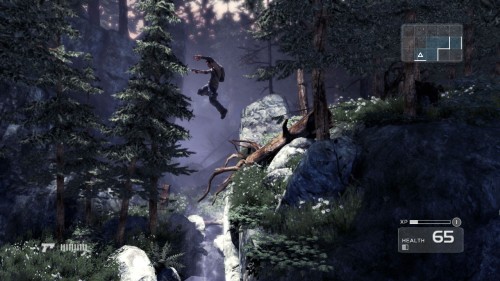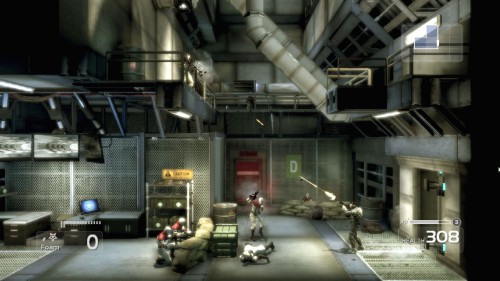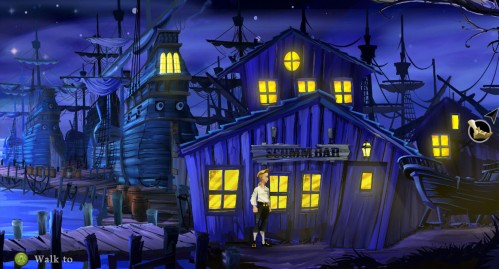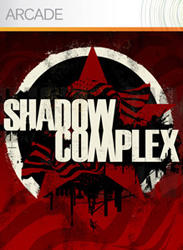 If there was one genre that I didn’t expect to see making a high-profile resurgence this year, and from Epic of all studios, it was Metroidvania. With Metroid having gone all first-person and Castlevania not taking no for an answer in its attempts to be the new God of War, the two standard bearers seemed to have abandoned it. Indeed, we didn’t even know this existed until E3, which made the surprise of how bloody good it was all the more pleasurable.
If there was one genre that I didn’t expect to see making a high-profile resurgence this year, and from Epic of all studios, it was Metroidvania. With Metroid having gone all first-person and Castlevania not taking no for an answer in its attempts to be the new God of War, the two standard bearers seemed to have abandoned it. Indeed, we didn’t even know this existed until E3, which made the surprise of how bloody good it was all the more pleasurable.
Given that there’s not a lot of pedigree for these kinds of games around any more, it’s all the more remarkable. A first attempt, on an engine more used to high-budget shooters – I believe part of Epic’s plan when picking up this title was to showcase Unreal Engine 3’s surprising versatility – and they created a game that I’d certainly put up there with the best in the genre.
It impressed me with how well the engine adapted, and a few kinks with the three-dimensional aiming aside, the technology only enhanced it, with some extremely impressive set pieces and sweeping changes to environments that just wouldn’t be possible on last-gen or wholly 2D engines. And even though it undeniably followed the genre template down to the smallest detail – really, the fact that you start from scratch rather than losing your all-powerful character’s weapons and abilities after the prologue is the only difference between this and Symphony of the Night and Super Metroid, structurally speaking.
I loved Shadow Complex, and it kept me going right to the brink of finding absolutely everything, where only a few irritating secrets remain. So with this and Battlefield 1943 showing that new takes on classic concepts works just as well as twin-stick shooters on Live Arcade, let’s hope that 2010 brings us more of that. I’d love to see some of my favourite long-dead 16-bit era gaming styles making a return.

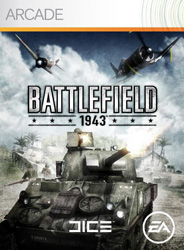 Look at how far downloadable games have come. From Geometry Wars and 16-bit arcade ports to what basically amounts to a fairly significant chunk of the classic that is Battlefield 1942, all completely remade for DICE’s latest engine and with all the next-gen goodness that it entails.
Look at how far downloadable games have come. From Geometry Wars and 16-bit arcade ports to what basically amounts to a fairly significant chunk of the classic that is Battlefield 1942, all completely remade for DICE’s latest engine and with all the next-gen goodness that it entails.